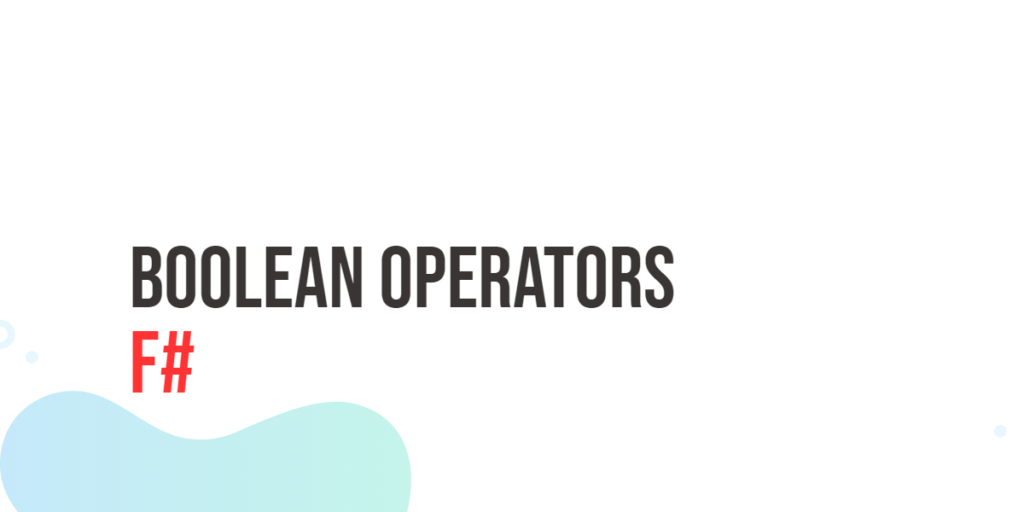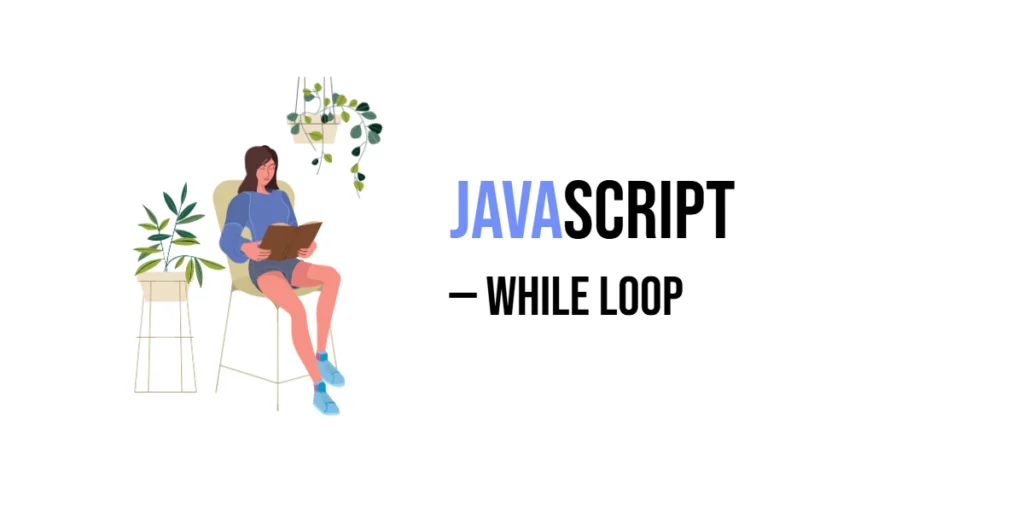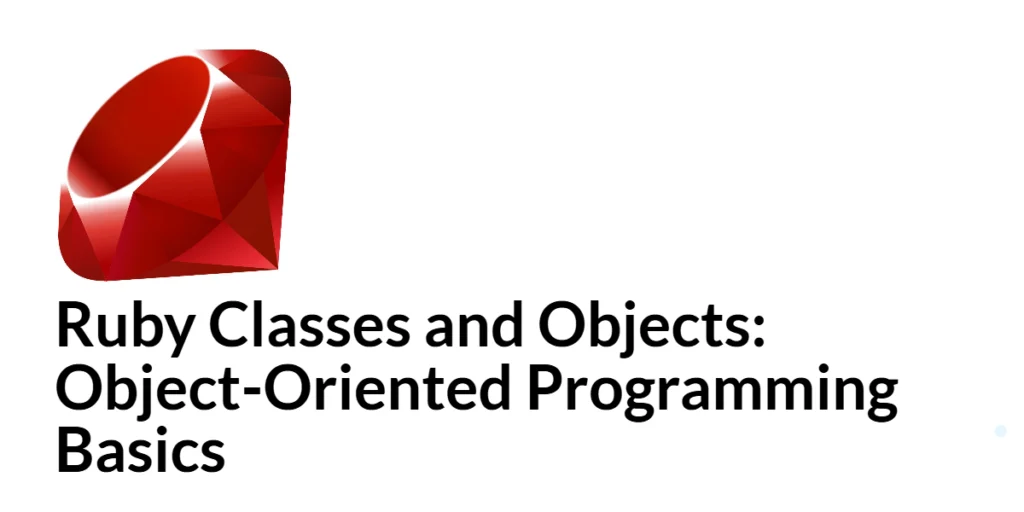Boolean operators are essential in programming, enabling developers to make decisions based on conditions. In the realm of F#, a powerful and expressive functional-first programming language, understanding Boolean operators is essential for writing clean and efficient code. In this article, we’ll explore F# Boolean operators, and provide code examples to solidify your understanding.
Understanding Boolean Operators
Boolean operators are fundamental components in programming languages, and F# is no exception. These operators enable developers to manipulate and evaluate boolean values, allowing for the creation of logical expressions that drive decision-making in code. F# provides a set of boolean operators that include logical AND, OR, and NOT, each serving a unique purpose.
Logical AND Operator (&&)
The logical AND operator (&&) in F# performs a boolean conjunction, meaning the result is true only if both operands are true. Let’s take a look at a simple example:
let isEven (x: int) = x % 2 = 0
[<EntryPoint>]
let main(args: string[]): int =
let result: bool = isEven 4 && isEven 6
printfn "Logical AND Result: %b" result
0 // Return exit code 0 to indicate successful executionIn this example, the isEven function checks whether a given number is even. The && operator combines two boolean expressions, ensuring that the result is true only if both isEven 4 and isEven 6 are true.
Logical OR Operator (||)
The logical OR operator (||) performs a boolean disjunction, yielding true if at least one of the operands is true. Consider the following example:
let isPositive (x: int) = x > 0
[<EntryPoint>]
let main(args: string[]): int =
let result: bool = isPositive 3 || isPositive (-5)
printfn "Logical OR Result: %b" result
0 // Return exit code 0 to indicate successful executionIn this case, the isPositive function determines if a number is positive. The || operator combines the results of two boolean expressions, producing true if either isPositive 3 or isPositive (-5) is true.
Logical NOT Operator (not)
The logical NOT operator (not) negates a boolean value. It returns true if the operand is false and false if the operand is true. Let’s explore this with an example:
let isNegative (x: int) = x < 0
[<EntryPoint>]
let main(args: string[]): int =
// Translates to 'is not negative'
let result: bool = not (isNegative 7)
printfn "Logical NOT Result: %b" result
0 // Return exit code 0 to indicate successful executionIn this example, the isNegative function checks if a number is negative. The not operator negates the result, ensuring that if isNegative 7 is false, the overall result is true.
Combining Conditions
One strength of F# lies in its functional programming paradigm, allowing for expressive and concise code. Boolean operators play a pivotal role in combining conditions to create intricate logical expressions.
Combining Conditions with AND
Consider a scenario where both a user is authenticated, and their age is above a certain threshold:
[<EntryPoint>]
let main(args: string[]): int =
let isAuthenticated: bool = true
let isAboveThreshold: int = 21
let canAccess: bool = isAuthenticated && (isAboveThreshold >= 21)
printfn "Can Access: %b" canAccess // Output: Can Access: true
0 // Return exit code 0 to indicate successful executionIn this example, the canAccess variable is true only if the user is authenticated and their age is above or equal to 21.
Combining Conditions with OR
Now, let’s explore a scenario where a user can perform an action if they are either an administrator or a moderator:
[<EntryPoint>]
let main(args: string[]): int =
let isAdmin: bool = true
let isModerator: bool = false
let canPerformAction: bool = isAdmin || isModerator
printfn "Can Perform Action: %b" canPerformAction // Output: Can Perform Action: true
0 // Return exit code 0 to indicate successful executionHere, the canPerformAction variable is true because the user is an administrator, satisfying at least one of the conditions.
Complex Decision Making
Boolean operators enable developers to express complex conditions, making decision-making processes more intuitive. Consider the following example where multiple conditions are combined:
[<EntryPoint>]
let main(args: string[]): int =
let age: int = 25
let hasExperience: bool = true
if age > 18 && age < 30 && hasExperience then
printfn "Candidate is eligible for the job"
else
printfn "Candidate does not meet the criteria"
0 // Return exit code 0 to indicate successful executionIn this case, the eligibility criteria involve age being between 18 and 30 and having prior experience.
Short-Circuit Evaluation
F# boolean operators exhibit short-circuiting behavior, which means that the evaluation stops as soon as the result is determined. This behavior can have a significant impact on performance, especially when dealing with complex conditions.
Short-Circuiting with Logical AND (&&)
Consider the following example:
let divide (a: int) (b: int) =
if b <> 0 && a / b > 10 then
printfn "Result is greater than 10"
else
printfn "Result is not greater than 10"
[<EntryPoint>]
let main(args: string[]): int =
divide 100 5 // Output: Result is greater than 10
0 // Return exit code 0 to indicate successful executionIn this case, the short-circuiting behavior of && is evident. The condition b <> 0 is evaluated first. If it is false (meaning b is zero), the second part of the condition (a / b > 10) is not evaluated, preventing a potential division by zero error.
Short-Circuiting with Logical OR (||)
Let’s explore short-circuiting with the logical OR operator:
let checkValue (value: string) =
if value = null || value.Length = 0 then
printfn "The value is either null or empty"
else
printfn "The value is not null or empty"
[<EntryPoint>]
let main(args: string[]): int =
let sampleValue: string = "Hello"
checkValue sampleValue // Output: The value is not null or empty
0 // Return exit code 0 to indicate successful executionIn this example, if value is null, the second part of the condition (value.Length = 0) is not evaluated due to the short-circuiting behavior of ||. This prevents potential null reference exceptions.
Conclusion
Understanding F# Boolean operators is fundamental for writing clean, concise, and efficient code. Whether you’re dealing with simple conditions or complex expressions, these operators provide the building blocks for logical decision-making in your F# programs. Mastering Boolean operators will undoubtedly enhance your ability to create robust and expressive code. In summary, we’ve covered the basic AND, OR, and NOT operators, explored complex expressions, discussed short-circuiting.




